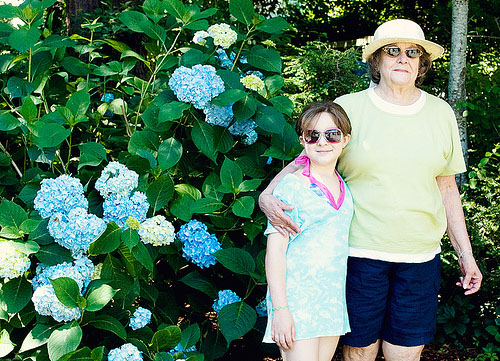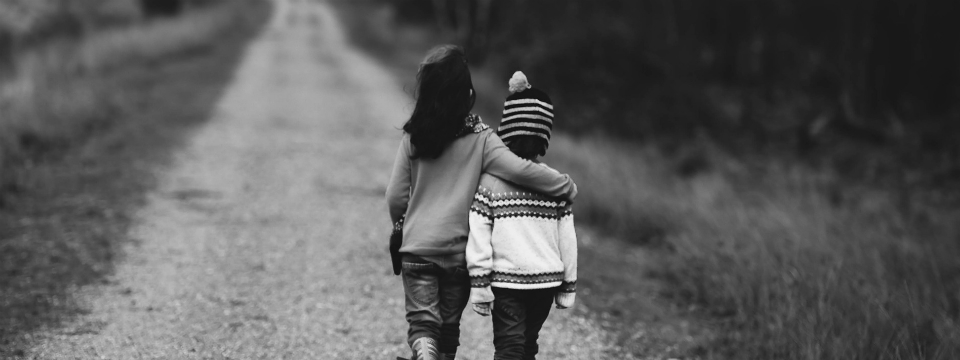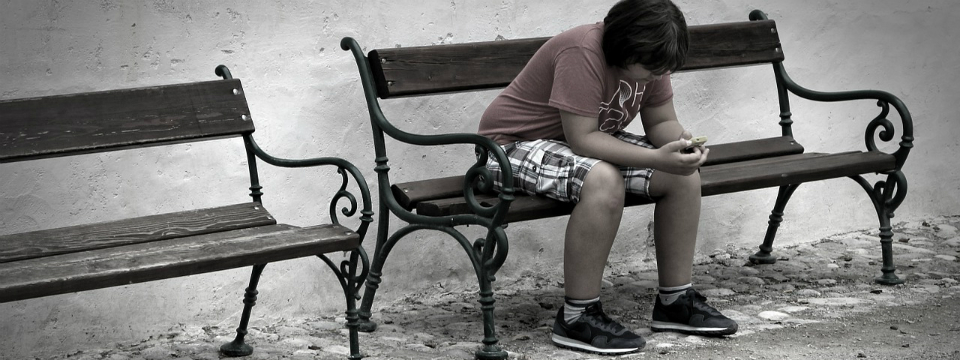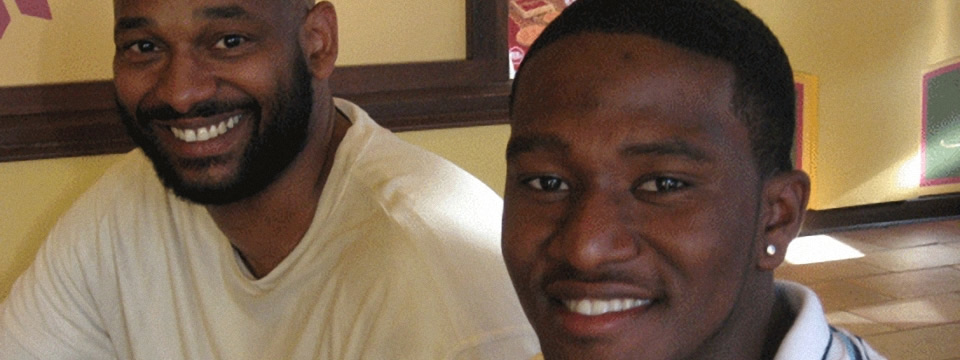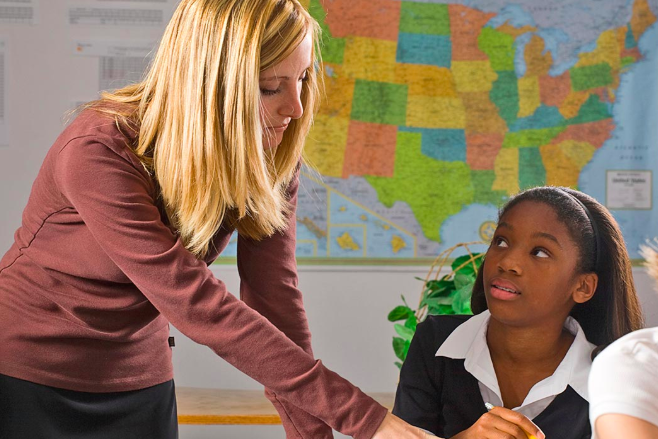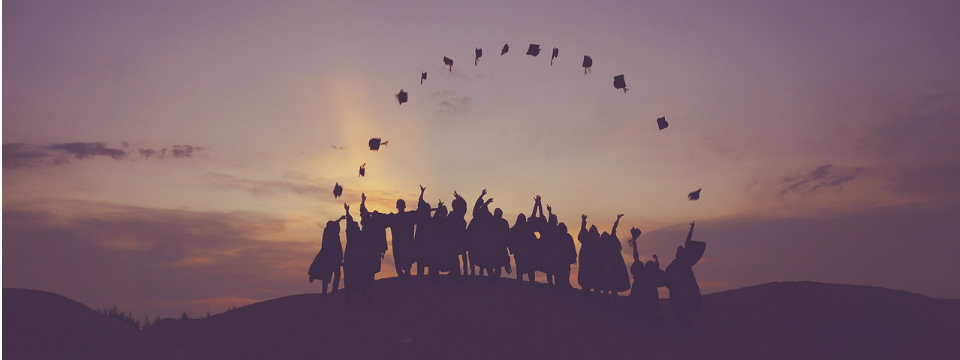FORUM: Should we be devoting more time and resources to “natural” mentoring?
 There has been a lot of research in recent years examining the role that “natural” mentors play in supporting children and adolescents, highlighting the ways in which these supportive adults help youth develop identity, succeed in school, overcome racism and other substantial challenges, and learn to ask for help throughout their lives. Researchers such as Michelle Munson, Noelle Hurd, and Bernadette Sanchez have all made major contributions to our understanding of natural mentoring relationships. And the Chronicle’s own Marty Martinez explored the relationship between natural mentors and the program-based formal mentoring of our field back in August.
There has been a lot of research in recent years examining the role that “natural” mentors play in supporting children and adolescents, highlighting the ways in which these supportive adults help youth develop identity, succeed in school, overcome racism and other substantial challenges, and learn to ask for help throughout their lives. Researchers such as Michelle Munson, Noelle Hurd, and Bernadette Sanchez have all made major contributions to our understanding of natural mentoring relationships. And the Chronicle’s own Marty Martinez explored the relationship between natural mentors and the program-based formal mentoring of our field back in August.
I’ve been thinking about natural mentoring a lot over the last month or two as the big awards to support youth mentoring have been made by OJJDP and other federal agencies, marking the beginning of the fiscal year and the nation’s deep ongoing investment in mentoring programming. But when I see the dollar amounts involved, I’ve found myself wondering if we are devoting enough time and energy to supporting natural mentors in the lives of youth. We are certainly spending good and well-deserved funding on programmatic mentoring, but is this the optimal solution? Does it have the reach we need, or will this approach always leave us with a huge “mentoring gap?” Might we be better off in the long run if we put more of our resources, federal or otherwise, into the “natural mentoring” basket?
Of course, formal mentoring programs exist because so many youth struggle to find those natural mentors. But are there ways we could fix that? Could we teach more young people how to find and ask for a mentor’s help? Could we teach them what to look for in a role model and build up their skills in asking those people for help? Could we empower more adults in our society to get involved with youth, not through a formal program, but on their own, contributing to the needs they see in their community more directly and immediately? Could we provide the training on relationship-building that our program mentors get to a wider audience? How much good could be done if millions more American adults had the skills we spend so many hours honing in our program mentors? What if natural mentoring simply holds more promise and more power?
One could argue that natural mentors have an easier time visiting with their protégées, that those relationships are likely to last much longer and struggle far less with crossing race and class lines. Those relationships are less restricted in terms of activities, meeting times, conversations, and the types of support they offer than those arranged by a program, where liability insurance often gets in the way of common sense help. In some ways, every program-based relationship is a reinvention of the wheel, a deliberate and resource-intensive attempt to recreate a relationship that should happen naturally. I mean, think about the huge percentage of every program’s budget that goes toward volunteer recruitment… Could those resources do more good by nurturing and empowering natural mentors rather than starting a relationship from absolute scratch each and every time?
But then I think of the millions of young people in this country who don’t have a natural mentor and may not have access to one regardless of how emboldened they are to ask. I think of communities where adult role models are few and far between, the fractured families that remove the extended support of aunts and uncles and grandparents. I think about the youth-serving professionals who are already tapped out just doing their jobs, let alone finding time to mentor on top of that. I think about youth safety and some of the ways that natural mentoring relationships can go wrong (with no program support to guide them). So perhaps we need to focus all of our resources and efforts on program mentors. After all, they are the ones stepping up when natural mentoring fails a child.
There may not be an easy answer to these questions, but I still am intrigued by the notion that our nation, and our field, could support natural mentoring more than it currently is. But enough about my thoughts…
What do you think? Should the mentoring field be spending more time and energy supporting natural mentoring? Do you think we can get more efficiency out of our dollars and effort by building up the natural connections that youth already have? Or do you think that we need to focus our funds and energy on supporting those who, for whatever reason, won’t best be served by natural mentors in their communities?
Please take a second to answer our poll below. And if you have thoughts about if, or how, we might devote resources to natural mentoring, please share your ideas in the comment section below!
[Image courtesy of cbgrfx123]

